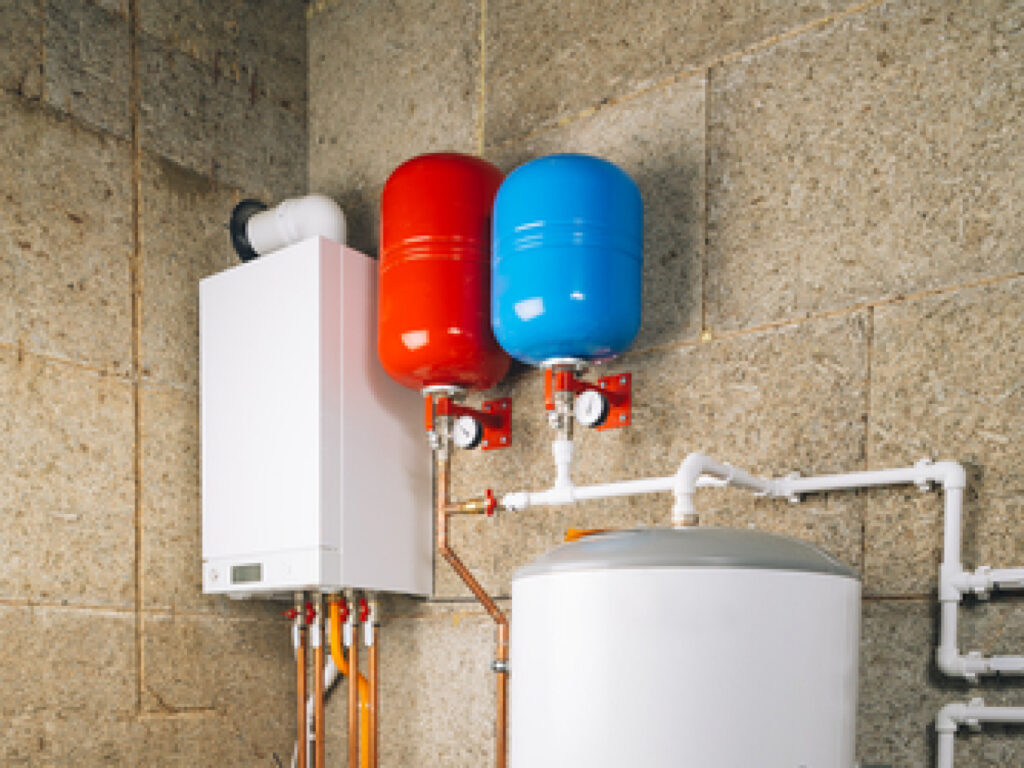Factors to Consider for Water Heater Heater Replacement
Replacing a water heater is a big decision that should not be taken lightly. Here are some factors to consider before making your decision of water heater replacement: the type of water heater, size of water heater, and energy efficiency.
One of the first things to consider when thinking about water heater replacement is the type of water heater you currently have. There are several different types available, including tankless water heaters, electric water heaters, and gas water heaters. Each type has its own set of pros and cons, so it’s important to carefully weigh your options before making a decision.
Another important consideration when choosing the right size of a water heater. Generally, water heaters come in a range of sizes to accommodate different households and water usage needs. Larger water heaters may be able to provide more hot water at a given time, but they can also take up more space and be more expensive to install.
Lastly, it’s important to consider water heater energy efficiency when making your decision. A water heater that is more energy efficient will help you save on your water heating costs over time, so it’s worth doing some research and comparing different models before making a final choice. Whether you choose to replace an existing water heater or install a new one, there are many options available to help you find the right water heater for your home.
The cost of water heater replacement depends on many factors, including the type and size of water heater you choose. Generally, tankless water heaters are more expensive to install than conventional water heaters. Electric water heaters typically range from $300 to $500 while gas water heaters can cost up to $1,500 or more.
However, by doing some research and shopping around for water heater models with high energy efficiency ratings, you may be able to save money in the long run on your water heating costs. When it comes to water heater replacement, it’s important to carefully consider all of your options before making a final decision.

Water heating costs can take up a significant portion of your monthly energy bill. Fortunately, there are several things you can do to reduce water heating costs and save money on your water bills. Here are some tips for reducing water heating costs:
- Use Cold Water When Possible: Whenever possible, opt for cold water over hot water when you’re doing laundry, washing dishes, and other household tasks.
- Maintain Your Water Heater: Regularly maintaining your water heater with water heater repair services or annual water tank inspections can help prevent leaks and improve efficiency over time.
- Use Energy-Efficient Water Heaters: Investing in water heaters that are certified as energy-efficient can help you save money on water heating bills over time.
- Install a Smart Thermostat: One of the easiest ways to save on water heating costs is to install a smart thermostat, which can adjust the water heater temperature automatically based on your schedule and usage habits.
If you’re looking for ways to save on water heating costs, implementing these tips can help you reduce your water heating bills and keep more money in your pocket. Whether you opt for water heater replacement or simply focus on improving water heater efficiency, there are many steps you can take to reduce water heating costs and improve energy savings.
https://www.google.com/maps?cid=12977601717463036516
